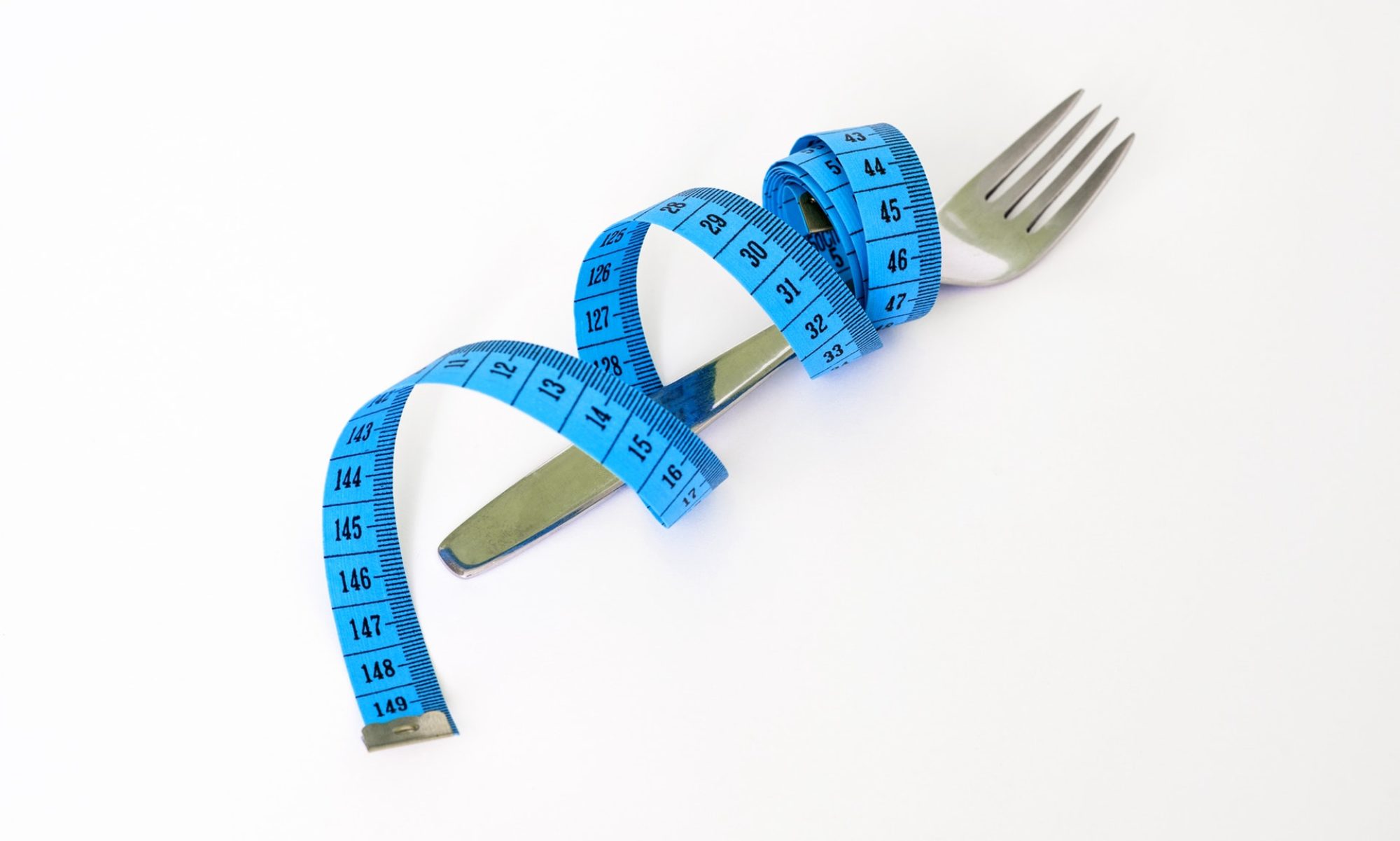Happy New Year! What are your hopes and dreams for 2024? And how is your new year going so far?
We had an ice storm for five days complete with school and business closings, power outages, and internet disruptions. Technical difficulties, in other words. The power outage was a minor inconvenience. No power? No problem. We have a wood stove to keep us warm. Three-inch sheet of ice on your road and driveway precluding patients from coming to the office? No problem. I changed appointments to telehealth or rescheduled. Internet does not work? No problem. I called my friend and borrowed her office in her home where the internet is via satellite and was working.
So, I was extra busy for the week, rescheduling, problem solving, keeping my head above water. Until the telehealth platform glitched. During one session, I could see the patient but could not hear her. And I could not see myself on my screen. I was frantically pushing buttons, clicking, stopping, restarting, trying to make it work, getting more frazzled by the second. I finally gave up and called her and we talked on the phone.
At the end of our conversation, I applauded both of us for accomplishing what we needed to despite “not seeing each other.” “Oh, I could see you,” she replied. What I did not realize in my frazzle was that though she could not hear me, she could still see me. And apparently, I had muttered a few choice words during the whole frantic button clicking -why can’t I get this *$%& thing to work- portion of our appointment. And I guess when I mutter under my breath, I actually enunciate words very clearly because she could read my lips and knew exactly which choice words I used. Embarrassed, I apologized, trying to remember what I said, but not having the guts to ask. She promised not to mention it again if I made a contribution to the “cuss jar.” First rule of Fight Club? Don’t talk about Fight Club.
Last week I gave a presentation about goal setting, specifically about improving nutrition, activity, and sleep. Again, it was not without some technical difficulties. The clicker to advance the slides was glitchy. It did not occur to me that since I was showing slides, they would dim the lights so there was not much light in the room. And at 58yo, apparently, I need a lot of light to see my notes…. And glasses…which I had misplaced. And to make matters even worse, I wore heels. You know, to look cute, cuz I am the speaker. But I got a cramp in my foot on my way to the stage. So I am stumbling through the presentation, not able to see my notes, clicking feverishly, hobbling on my cramped food. I want to be funny, not look funny.
But I got through it.
I talked about nutrition and how we need to eat SLOW FOOD. We want to eat our food, not drink our food. Liquid food goes through our gut too fast and does not signal satiety the way eating whole food does. What’s more is that ultra-processed hyperpalatable food is already partially digested. Whole food requires more time, energy, and work from our stomach and small intestines.
Liquid and ultra-processed hyperpalatable food cause technical difficulties. Like a runaway train, they go at lightning speed through our gut, making a B-line to blood and then fat cells and messing up our metabolism. Whole food energy is more like a drive through a car wash or a school zone. Nice and slow.
Eating whole food starts with plenty of vegetables. Five cups. Five colors. The five cups provide bulk which signals stretch receptors in the stomach, one of the signaling systems for satiety. Additionally, fiber creates a kind of mesh in the stomach to slow down gastric emptying thereby keeping food in the stomach longer. The fiber mesh slows the uptake of energy into the blood stream so there is less impact on blood sugar and insulin. Fiber decreases the amount of energy absorbed. The net effect of eating veggies and is feeling full. We want to eat an array of plant colors to get the plethora of antioxidants, anti-inflammatory compounds, vitamins, and minerals which keep our cells running smoothly.
One of my 2024 goals is to help people figure out how to incorporate more plants in their diet. And no, I am not going vegan. (I had a nice grass-fed steak last night for dinner along with my three cup kale salad) To this end, I am taking a culinary medicine class to learn how to teach how to more plants.
And, come hell or high water, technical difficulties be damned! I am starting an online cooking class. Soon.
We are in the first month of the new year for a few more hours. There is still time to consider your hopes and dreams and health goals for 2024. Maybe one of them could be: EAT MORE PLANTS.
















